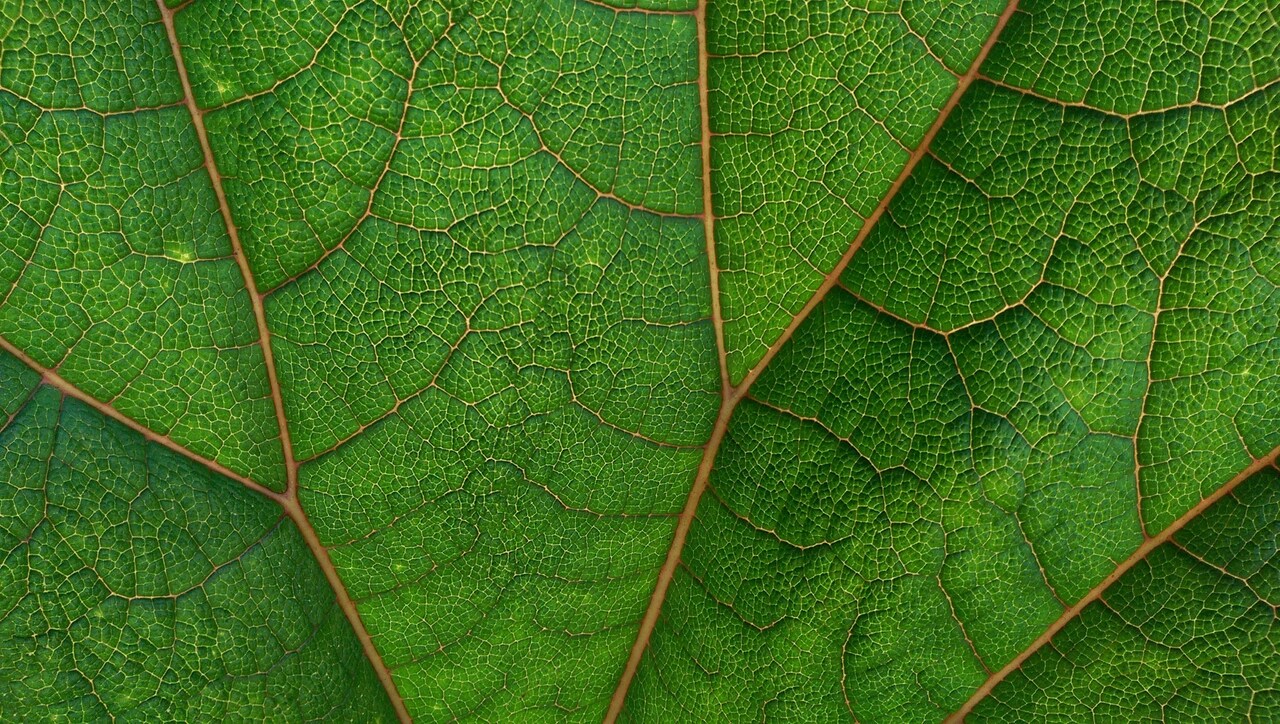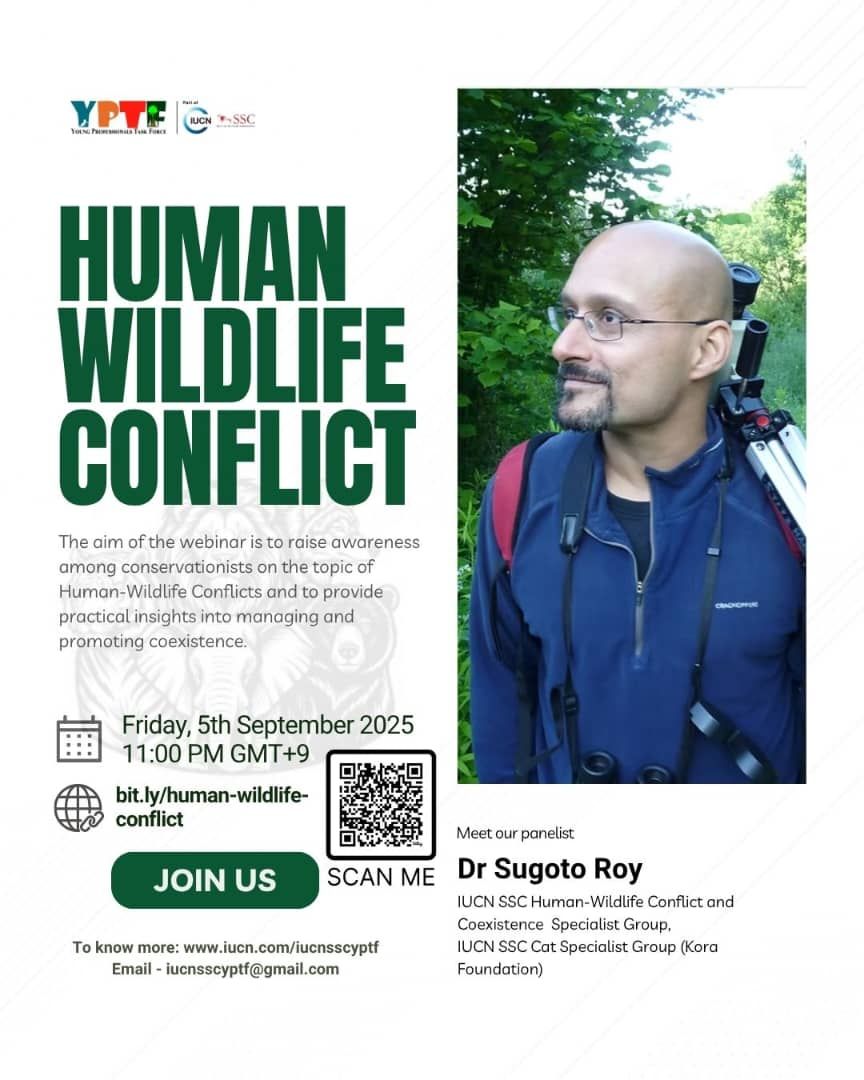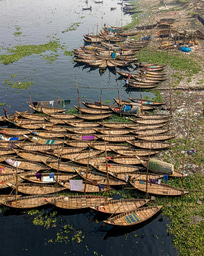When Worlds Collide: Human-Wildlife Conflict Webinar
Learn how conflict-sensitive development, inclusive planning, and community involvement can promote coexistence over confrontation.
Hosted by IUCN SSC Young Professionals Task Force

What happens when wild animals and human communities meet on a shrinking planet?
Join us for an insightful webinar that explores the causes, consequences, and solutions to Human-Wildlife Conflict, a growing challenge for conservationists, communities, and wildlife alike.
🎙️ Speaker: Dr. Sugoto Roy
IUCN SSC Human-Wildlife Conflict and Coexistence Specialist Group
Member, IUCN SSC Cat Specialist Group (Kora Foundation)
📅Date: Friday, 5th September 2025
🕚Time: 11:00 PM GMT+9
Registration Link: https://bit.ly/human-wildlife-conflict
Whether you're a student, researcher, or wildlife enthusiast, this webinar will help you rethink how people and animals can share space on a crowded planet.



Please sign in or register for FREE
If you are a registered user on WildHub, please sign in
🌍 This looks like an incredibly timely and important conversation. Thank you for spotlighting the complexities of Human-Wildlife Conflict and the need for coexistence strategies. As someone passionate about community-led conservation and human-wildlife coexistence, I’m especially keen to hear Dr. Sugoto Roy’s insights on conflict-sensitive development and inclusive planning.
I’m curious, will the webinar touch on how traditional ecological knowledge and grassroots innovations are being integrated into HWC solutions? These approaches often hold powerful lessons for long-term resilience and equity.
Looking forward to joining and learning alongside others committed to reimagining how we share space with wildlife on a rapidly changing planet. 🌿
I am not in the organizing team for this webinar, so I can't really tell whether traditional ecological knowledge will be a key part of this. However, I am sure this will be mentioned because it is critical for long-term planning.
@Rifa Nanziba is one of the organizers. Apu, maybe you can share if the webinar will touch on traditional ecological knowledge.